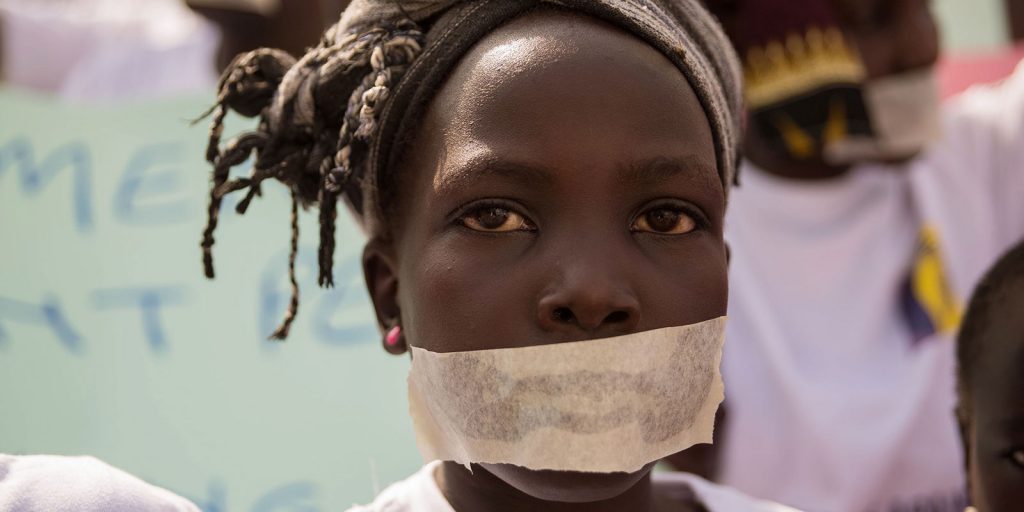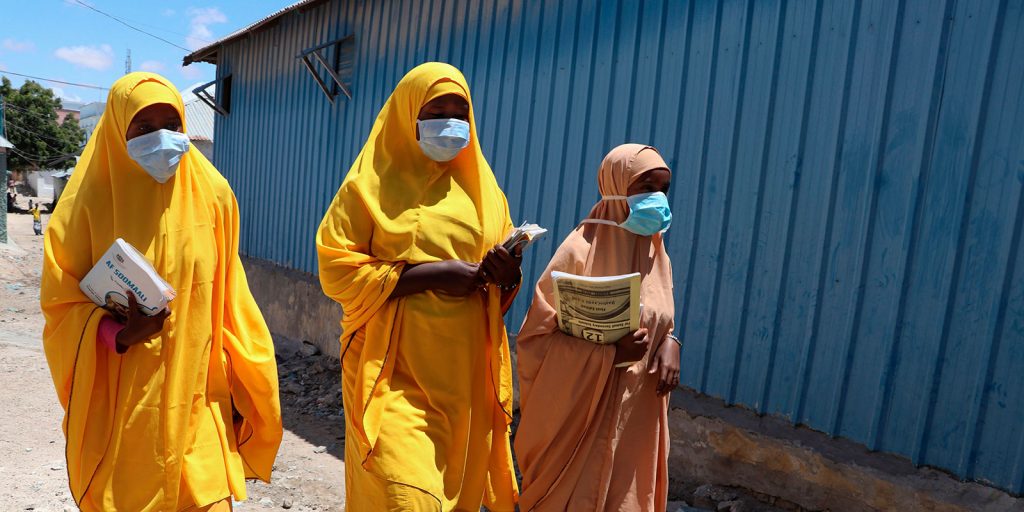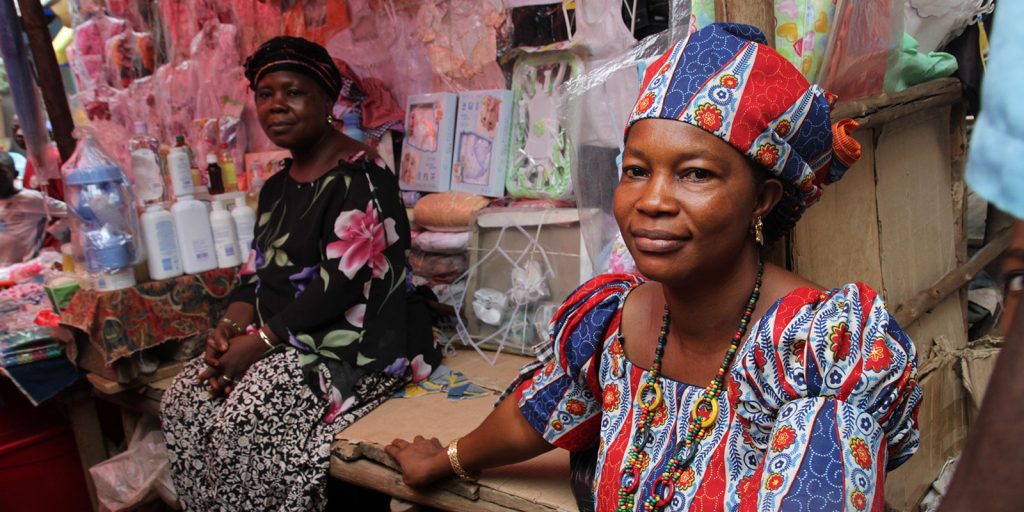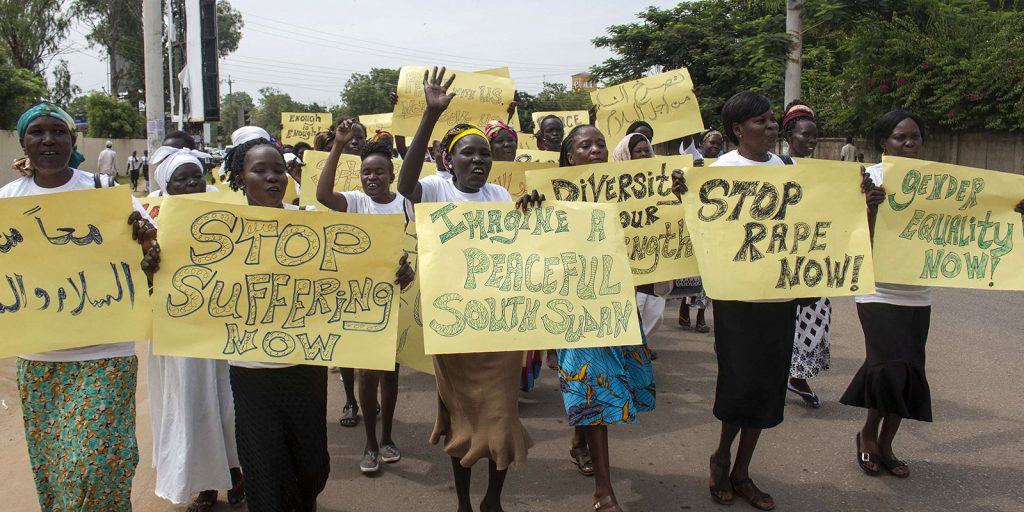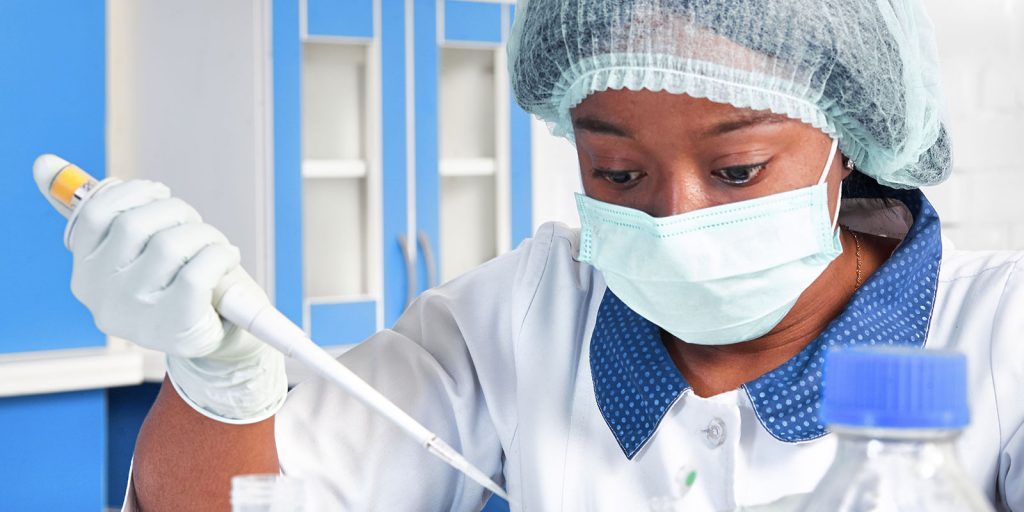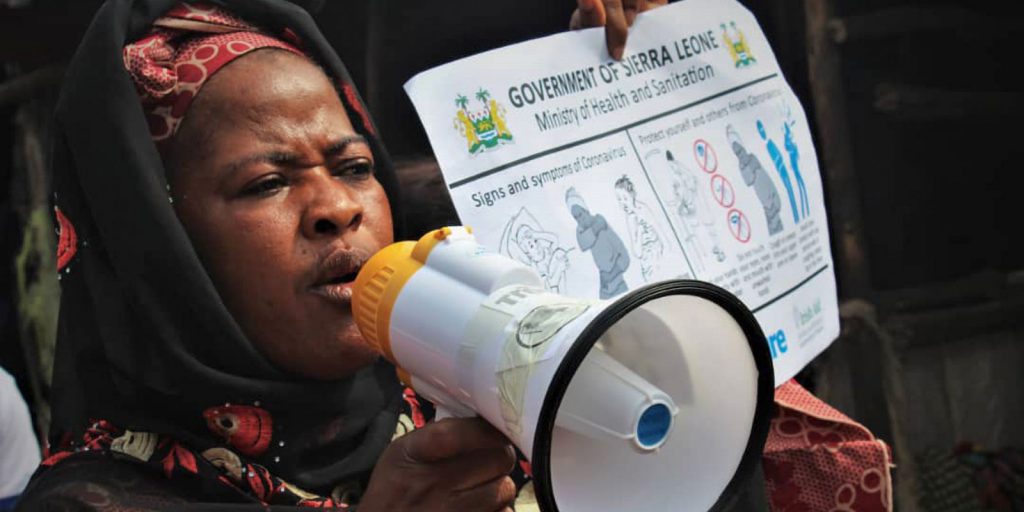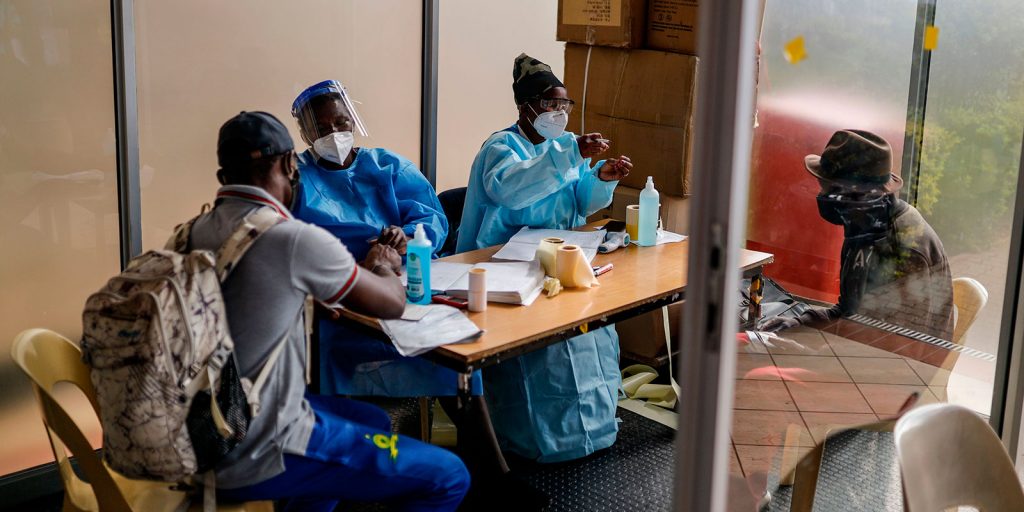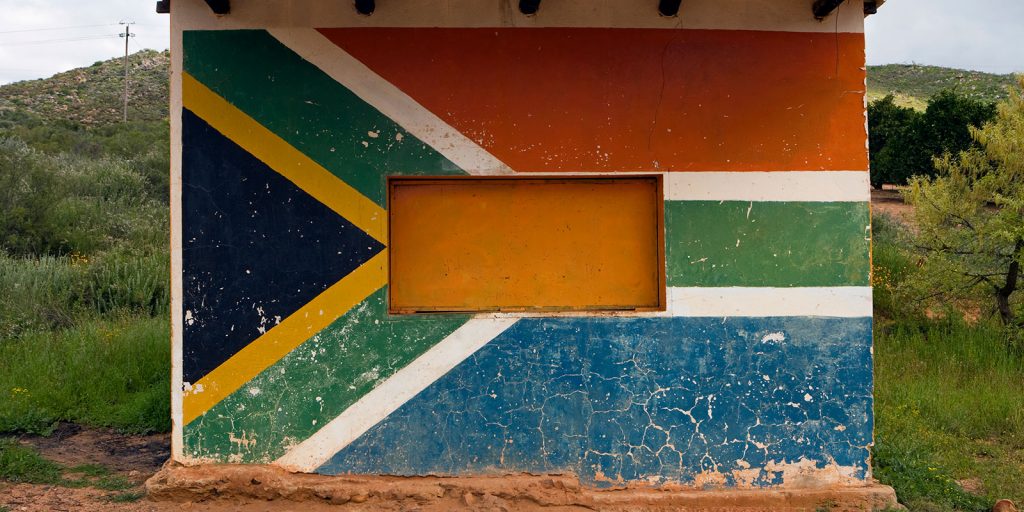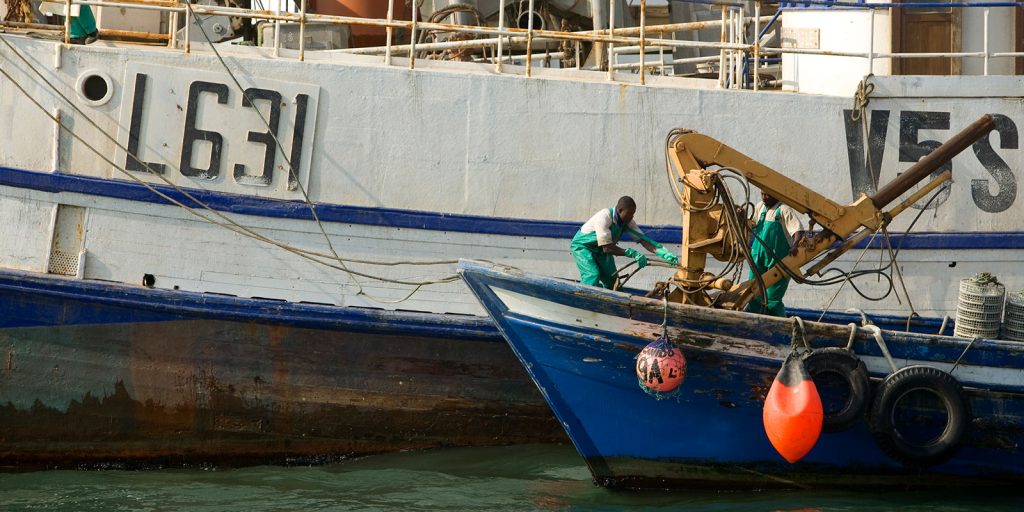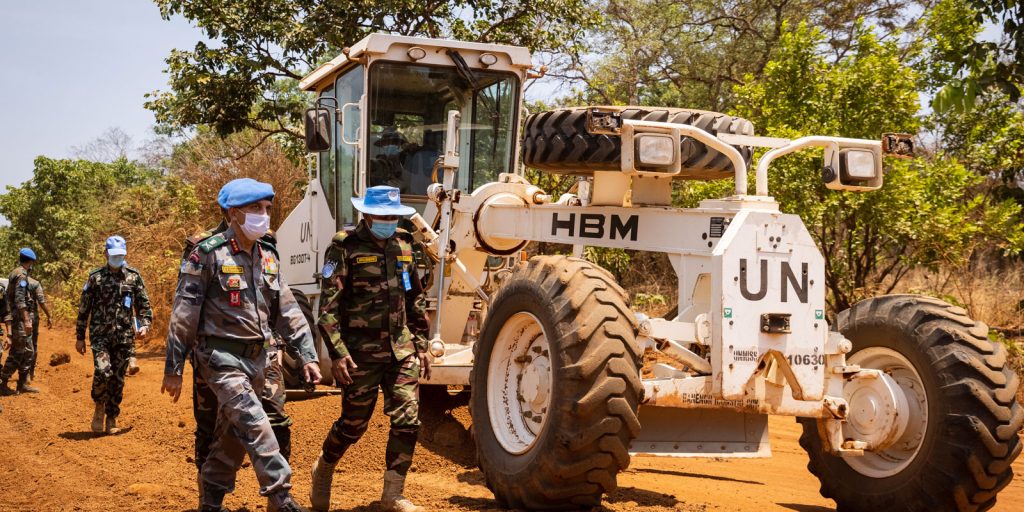
The challenges of confronting COVID-19 amidst fragile peace in South Sudan
Just a few months ago, many South Sudanese were breathing a sigh of relief, believing that the worst of the COVID-19 pandemic had largely passed them by. Today, a virulent second wave is sweeping through the country causing huge harm to people’s health and wellbeing, damaging the already dire economy, and further interrupting the stagnating peace process. The number of cases is headed towards the 10,000 mark and there have been more than 100 deaths, although the true number of people affected by the virus is likely to be much higher given testing is largely limited to travellers and those with symptoms.

